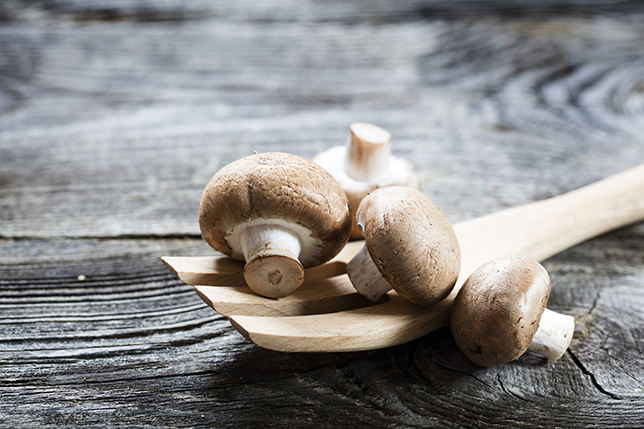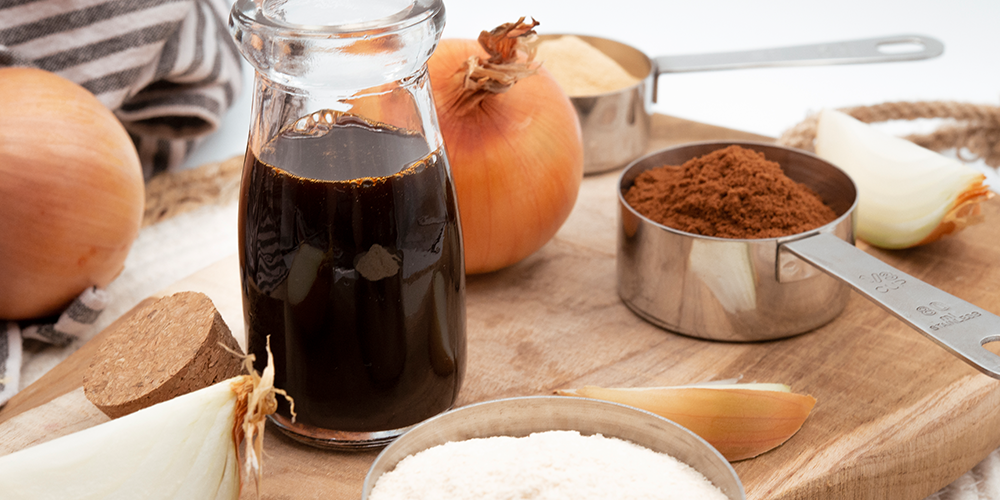Is mycoprotein forming the next big alternative protein?
51
Fermentation companies
13
Startups launched in 2020 (during covid)
21
Biomass companies
23
Precision fermentation companies
The figures speak for themselves. A recent State of the Industry report by The Good Food Institute (GFI) identified at least 51 companies (23 in the U.S.): 7 traditional fermentation companies, 21 biomass companies, and 23 precision fermentation companies. Thirteen dedicated startups launched in 2020, while COVID-19 locked us down. Fermentation companies raised a massive $587 million, double the investments made in 2019.

Amid all this fizzing fermentation, mycoprotein is finding a new lease of life and transforming the plant protein sector.
Why the sudden interest in a fermentation biomass process that has been around for more than 40 years?
Let’s quickly recap the essentials. The protein Mycoprotein comes from Fusarium venenatum, a naturally occurring fungus, which producers ferment using glucose and other nutrients. Customers have made themselves familiar with it under the Quorn® brand, which has launched in 1985.

New dynamism and directions for plant protein
Today, new patents and improved scalable engineering are making this protein a more cost-effective food product solution. Glasgow food tech company ENOUGH (formerly 3F BIO) recently partnered with Unilever to bring new plant-based meat products to market, through its The Vegetarian Butcher brand. At the same time, Nature’s Fynd is using a fungus found in Yellowstone National Park and breakthrough fermentation technology to grow a new complete protein: Fy™.
“Global startups with investment are already developing food product recipes for consumers – to deliver as brands (B2C) or as a protein base directly to manufacturers (B2B). The recipes can contain a shorter ingredient declaration list and cleaner label. Taste and texture will be key to repeat purchase,” explains Catherine Trillo-Blanco, Global Growth Platform, Plant Based.
This chimes perfectly with growing awareness, particularly among Generation Z, about the effect of processed foods on our health. A concern that has continued to grow during the pandemic. Given the lower carbon and water footprint compared to chicken and meat, mycoprotein offers a sustainable way to cater for growing plant-protein demand and a growing world population.

Pushing the limits of existing plant protein
For many years, soy protein has dominated the market. As a complete and abundant protein, it has ruled the roost. Increasingly, allergen and environmental concerns are making room for newcomers. The popularity of pea, for example, has soared. And high demand and limited production capacity mean the prices are also sky high – which is where mycoprotein comes in.
Endless opportunities
When creating alternatives to meat and fish, the high protein content and fibrous structure are easier to work with than many other proteins. Mycoprotein also contains little sodium, sugar, cholesterol, and fat. Not to mention many essential amino acids. Drawing on these health credentials and malleability, companies like Symrise can apply tailored flavor and add nutritional ingredients. The result? Great tasting, good-for-you mycoprotein food products via a dedicated product development process.
As well as providing a cost-effective, sustainable alternative, with the right expertise, mycoprotein can also work with more conventional proteins like pea and soy. These combinations bring together the benefits of each, depending on the desired application.
Upcoming proteins like mycoprotein can provide a different, and sometimes more neutral, impact in the application. We’re always looking for new hybrid combinations to create the desired sensory characteristics – mycoprotein offers exciting potential, especially now that it is easier to produce on a large scale.Florian Herkner, Global Growth Platform, Plant Based
Interested in exploring new plant proteins together? Get in touch.




